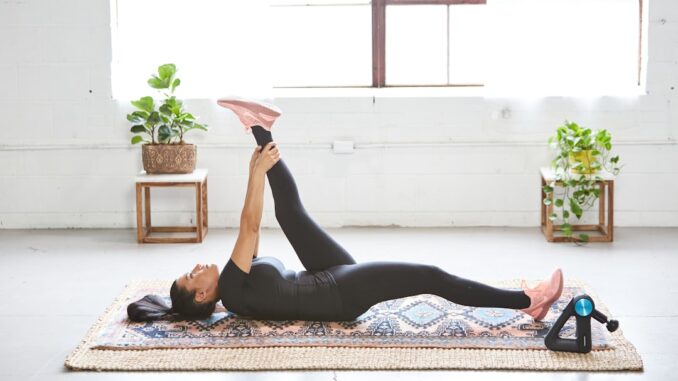
Summary
This article explores seven practical relaxation techniques to aid addiction recovery. It emphasizes the importance of relaxation in managing stress, reducing cravings, and promoting overall well-being. By incorporating these techniques, individuals can cultivate resilience and navigate the challenges of recovery more effectively.
** Main Story**
Recovering from addiction, it’s no walk in the park, right? It’s often a tough journey, full of stress and emotional ups and downs. Learning to relax isn’t just a nice-to-have; it’s a crucial tool for managing stress, reducing cravings, and improving your overall well-being. So, how do we actually do it? Let’s explore seven effective relaxation techniques that you can weave into your recovery plan.
1. Breathe Deep, Let Go
Deep breathing: It’s simple, yet super powerful for calming your nervous system. Find a quiet spot, sit or lie down comfortably, maybe close your eyes. Inhale deeply through your nose, really letting your belly expand. Hold it for a few seconds, then exhale slowly through your mouth, feeling that tension just melt away. Repeat this several times, focusing on the rhythm of your breath. I find it helpful to count to four on the inhale, hold for four, exhale for six. Works wonders, and you can do this anywhere. Seriously, anytime, making it a readily available tool for handling stress and those pesky cravings.
2. Progressive Muscle Relaxation
This one’s a bit more involved, but worth it. You systematically tense and relax different muscle groups in your body. Start with your toes, curl them tightly for a few seconds, and then release. Really notice that sensation of relaxation. Then, just work your way up your body, tensing and relaxing each muscle group, from your calves all the way to your forehead. Doing this helps you get more in tune with physical tension and promotes deep relaxation. I tried it once during a particularly stressful deadline, and honestly, it stopped me from completely losing it.
3. Journal Your Journey
Journaling? It’s not just for teenagers with diaries! It provides a safe space to express your thoughts and emotions without feeling judged. Write about your cravings, what triggers them, your successes, and your challenges. Putting your feelings on paper can help you process those difficult emotions, gain some self-awareness, and see patterns in your behavior. This is so helpful when you’re feeling overwhelmed or just struggling with cravings.
4. Find Solace in Music
Music’s got such a strong hold on our emotions, doesn’t it? It can be a seriously powerful tool for relaxation. I mean, think about how a certain song can instantly change your mood. Create a playlist of calming music that just resonates with you. Listen to it during your commute, while doing chores (yes, even cleaning can be relaxing with the right tunes), or before bed. Music can soothe your mind, cut down stress, and create a feeling of peace. Try out different genres and see what clicks for you. I personally love instrumental music, but hey, whatever floats your boat!
5. The Power of Routine
Having a daily routine? Seriously underrated. It gives you structure and stability, which is super important in early recovery. Plan your day out, including time for work, meals, exercise, relaxation (obviously!), and social activities. A consistent routine can help reduce stress, keep you from getting bored, and promote some good healthy habits. It also creates a sense of normalcy and control, which can be particularly important when things are changing.
6. Move Your Body, Free Your Mind
Regular exercise releases endorphins, and we all know those have mood-boosting and stress-reducing effects. Find an activity you enjoy, whether it’s just walking, running, swimming, yoga, or dancing like no one’s watching. Even a short burst of activity can make a difference. I started just with 15-minute walks during my lunch break, and it helped a lot more than I thought it would! Exercise is great for your physical health, sure, but it also improves sleep, reduces anxiety, and boosts self-esteem.
7. Laughter is the Best Medicine, Seriously.
Laughter is a natural stress reliever and mood enhancer. Watch a funny movie, hang out with friends who make you laugh, or read a book that makes you chuckle. Making joy and laughter part of your life can help you deal with stress, stay positive, and actually enjoy the journey of recovery. Try and find something that makes you laugh every day, even if it’s just for a few minutes.
These seven relaxation techniques? They’re practical and accessible tools that you can use to support your recovery journey. Remember, relaxation isn’t a luxury item; it’s an essential part of self-care. By weaving these techniques into your daily life, you can manage stress, reduce cravings, and nurture a sense of peace and overall well-being. And honestly, you deserve it.


Be the first to comment